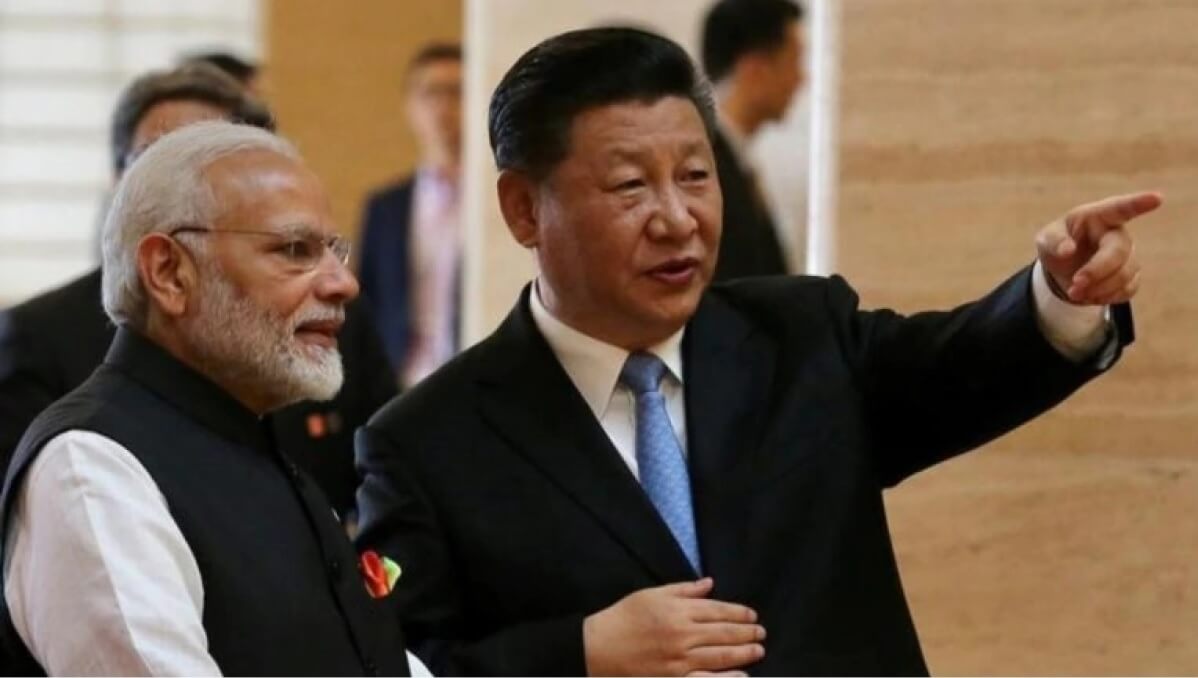Highlights:
- On Saturday, the Indian Government made amends on FDI policies for neighbouring countries
- China has been criticising over the changes saying it violates WTO’s rules of FDI
- The Indian Government defends its decision
Recently, India made amends to its Foreign Direct Investment (FDI) rules for China has been heavily criticising saying the change in rules violate the World Trade Organisation (WTO) agreement.
The rules calling for government sanction for the neighbouring countries who wish to invest in India are “not denial” of permission to invest rather simply an approval process, hence no Violation, said the top government sources, today.
China who is criticising the new rules of India is saying the FDI rules violate WTO principles of non-discrimination and against free and fair trade. Beijing also called for a “revision of discriminatory practice” in a statement.
On Saturday, the Indian Government stepped up the scrutiny of investments coming in the country from companies based in the neighbouring countries, this move was widely considered to be take by the government to restrict investments from Chinese firms who could takeover Indian firms during the COVID-19 outbreak.
The government said the changes in the FDI rules were meant to restrict the “opportunistic takeovers/ acquisitions”.
As per the updated policies of FDI in India, companies from the countries which share the border with India will first have to approach the Indian government to get approval for investments rather than tasking the automatic route.
The existing FDI policy which was applicable only to investments from Bangladesh and Pakistan earlier now brings China, Bhutan, Myanmar, and Nepal within its ambit.
On Monday, the Chinese Embassy, in a statement, said, “The additional barriers set by Indian side for investors from specific countries violate WTO’s principle of non-discrimination, and go against the general trend of liberalization and facilitation of trade and investment.
We hope India would revise relevant discriminatory practices, treat investments from different countries equally, and foster an open, fair and equitable business environment,”.
The sources refuted the statement with an assessment of how the government’s decision affected several treaties under WTO.
The sources said that on the General Agreement on Tariffs and Trade (GATT) the new rules do not directly affect goods. The order also does not come under the Trade-Related Investment Measures (TRIMs) related to the trade restrictive practices, the sources said that it was just an investment measure and not related to trade in goods.
Sources also ruled out any link of it with the General Agreement on trade in Services (GATS) pointing out that the new policy is in no way related to market access or national treatment restrictions. Officials said, “This does not automatically result in any equity cap or restriction. Only a formally different procedure is prescribed,”.
Another allegation is that India is violating the Bilateral Investment Treaty to which the sources said that India-China and India-Nepal pacts had been terminated. The said that the treaty only applies to the investments which had been already made in India before the termination and not retrospectively.
India took these steps to tackle the growing concerns across the globe that the Chinese companies are making cheap investments and distressed assets at the time when they are being hugely impacted by the deadly pandemic. Even countries such as Australia and Germany have, reportedly, tightened their respective FDI policies to protect their domestic companies.


